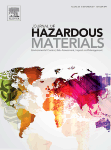 Three years after an investigation revealed a 2013 paper was based on fraudulent data, a journal has finally retracted it.
Three years after an investigation revealed a 2013 paper was based on fraudulent data, a journal has finally retracted it.
The paper, published in Journal of Hazardous Materials, was one of seven articles by a team at the Institute of Microbial Technology (IMTECH) in Chandigarh, India that contain fabricated data, according to an investigation by the Council of Scientific and Industrial Research in New Delhi. (IMTECH is part of the Council of Scientific and Industrial Research.) Although it took one journal years to take action, another still has not retracted one of the seven flagged papers. Continue reading The three-year delay: Journal finally retracts paper based on made-up data

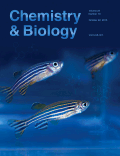

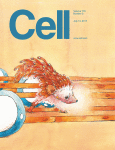

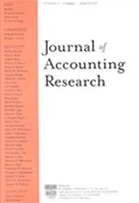 Different journals follow different editorial policies — but we’ve never seen any charge money to authors who want to appeal an editorial decision. Until now.
Different journals follow different editorial policies — but we’ve never seen any charge money to authors who want to appeal an editorial decision. Until now.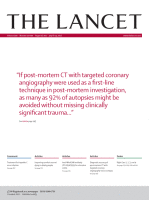
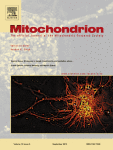 After
After 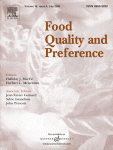 A Cornell food researcher who has pledged to re-analyze his papers following heavy criticism of his work has issued a major correction to a 2005 paper.
A Cornell food researcher who has pledged to re-analyze his papers following heavy criticism of his work has issued a major correction to a 2005 paper.